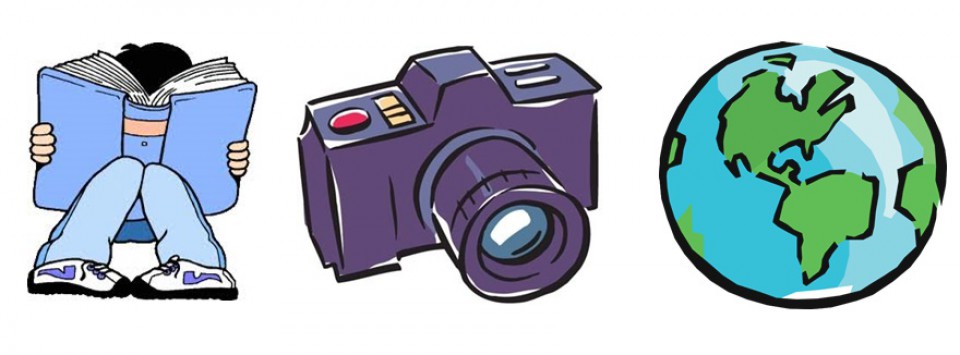Tags
ancient literature, books, classics, epic poem, fiction, Let’s Talk Classics, Literature, Mesopotamian literature, poetry, review, The Epic of Gilgamesh
Ciao, my dear strangers 🙂

To be honest, I didn’t expect to gain too much from reading the Epic of Gilgamesh. How could I, a reader of modern tastes and sensibilities, like this tale, beyond appreciating its antiquity and feeling somewhat humbled that I am in a position to have access to something so ancient? However, it managed to pleasantly surprise me. Its themes and motifs are evergreen, depicting the mortal journey of a man from carefree youth to maturity.
At first, he relishes his youth and strength, even abuses them and leverages them against those weaker than himself, then he gains a true friend, a brother, and sets out to have adventures with him, make a name for himself. Then, the tone turns sombre as he becomes faced with his mortality and struggles to accept the fact that youth and strength and glory cannot last. Following a futile attempt to gain everlasting life, he at last comes to terms with the fact he must one day die, thus coming full circle and maturing at last. If that’s not something all people of all ages, from all continents and all historical eras can relate to, then I don’t know what is.
This epic poem comes to us from Mesopotamia, modern-day Iraq, and is one of the oldest surviving texts to reach us. According to official sources, it was written down somewhere between 2100 and 1200 BC. Just let that sink in, the antiquity of it all. Not all versions of the poem have survived to the present day in their entirety (either that or they’ve yet to unearth all the tablets), so translators have had to rely on different versions and patch them all together in order to arrive at a complete narrative. There are sources in primarily Sumerian, though also Akkadian, Hurrian and Hittite. With all that in mind, I can only imagine the work it took on the part of archaeologists, historians and linguists to bring this ancient poem to us and make it accessible to the contemporary reader.
For those of us who grew up in Judeo-Christian cultures, it’s easy to spot all those parallelisms with biblical motifs and stories, Homer’s works and the very mythos of an epic heroic quest and the hero’s journey. This epic poem inspired all of them and continues to inspire modern works of fiction to this day. It’s not rare to see different cultures having their own takes on the same events. In Gilgamesh, the titular character travels to see a man who survived the flood unleashed by a god in order to rid the world of the human race, which directly parallels the later story of Noah in the Old Testament.
We also get to see how crucial the power of the myth and ritual is for these characters. Though, now that I say characters, I’m reminded of the fact some of them were actually real historical figures, posthumously marinated in generous amounts of myth and legend to make them appear even greater and more divine than they originally were. Gilgamesh himself is suspected to have been an actual historical ruler of the city of Uruk.
This poem is, well, poetic. I mean that in the sense that there are numerous parallelisms, recurring themes and cyclical events within it. You have your god/mortal dichotomy, man/woman dichotomy though, most notably, the symmetry between Gilgamesh and Enkidu. One is a modern, cultured man who lets himself sink deeper and deeper into depravity, whereas the other serves as possibly the first ever example of the wild-man or noble savage trope in fiction, a stock character we’ll later see many iterations of throughout the history of literature, Shakespeare’s Caliban being one such example. His domestication and the king’s ever more savage behaviour represent the two very distinct influences on a man’s life, those of Nature, pure, untouched and cleansing, and those of the civilisation, the evils of the city and the various forms of government.

Speaking of government, there’s also the recurring motif of rulership and what makes for a good king, an aspect wherein this poem reminds me of Beowulf the most. Its respective ruler also struggles to reconcile his thirst for glory and adventure with the responsibilities expected of a good king. In the end, both rulers prove more mortal than divine and both must come to terms with their mortality and learn to do better for the sake of their people. Granted, Beowulf, at least as far as I remember, doesn’t go around raping women left and right, so that makes him slightly more tolerable than his Mesopotamian counterpart who indiscriminately takes whatever and whomever he desires, his kingship providing him with a unique sort of entitlement.
This motif of a good ruler putting his people’s needs before his own ties in nicely with the broader theme of individual vs. humanity. All men must die, no exception. However, as this epic poem reminds us, death of individual need not mean death of the entire human species. All men must die, but the human race will survive. Their cultures, cities, memories and art will live on and there will always come new humans to replace the departed ones.
All in all, the Epic of Gilgamesh provides us with a thought-provoking insight into an ancient world, its people, their beliefs, customs and rituals, an ancient text that nevertheless covers some intrinsically human, evergreen themes. Perhaps not something you’d turn to for a bit of pleasure-reading, but interesting nonetheless.
Keep reading, my dear strangers 😉
